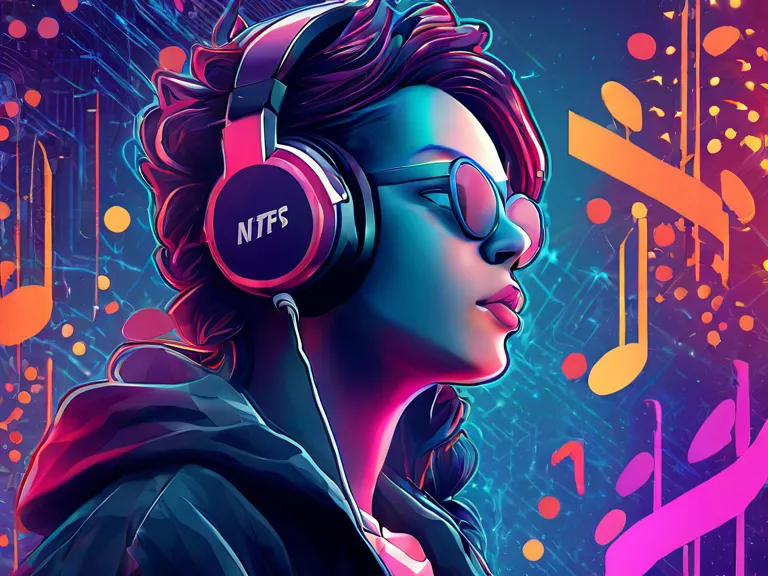
Blockchain technology is revolutionizing the way we protect music rights and intellectual property. By providing a secure and transparent platform for storing and managing digital assets, blockchain is transforming the music industry and ensuring that creators get the recognition and compensation they deserve. In this article, we will explore the role of blockchain in safeguarding music rights and intellectual property.
One of the biggest challenges facing musicians and artists today is the unauthorized use and distribution of their work. Piracy and copyright infringement have become rampant in the digital age, making it difficult for creators to protect their intellectual property. Blockchain technology offers a solution to this problem by providing a decentralized and immutable ledger where ownership rights can be securely recorded and verified.
By leveraging blockchain technology, musicians can create digital certificates of authenticity for their music, which can then be stored on a blockchain network. These certificates contain information about the creator, the date of creation, and the terms of use, making it easy to prove ownership and track the usage of the music. This not only helps to prevent unauthorized use of the music but also allows creators to monetize their work more effectively.
Another way in which blockchain is transforming the music industry is through smart contracts. Smart contracts are self-executing contracts with the terms of the agreement directly written into the code. By using smart contracts, musicians can automate royalty payments, licensing agreements, and other financial transactions, eliminating the need for intermediaries and ensuring that creators receive fair compensation for their work.
In addition to protecting music rights, blockchain technology also has the potential to revolutionize the way music is discovered and distributed. By using blockchain-based platforms, musicians can bypass traditional gatekeepers and connect directly with their fans, creating new opportunities for independent artists to reach a global audience.
Overall, blockchain technology is playing a crucial role in protecting music rights and intellectual property. By providing a secure and transparent platform for storing and managing digital assets, blockchain is empowering musicians to take control of their work and ensuring that their creativity is properly recognized and rewarded.

